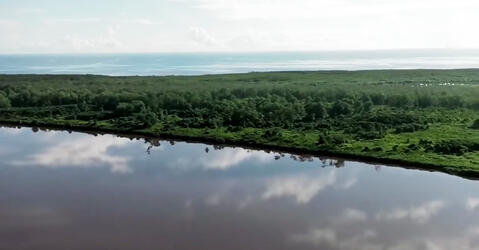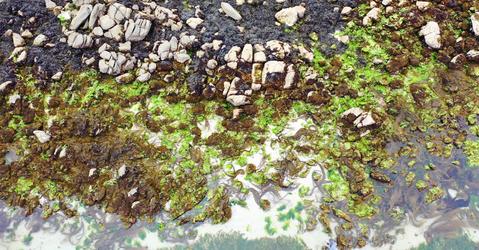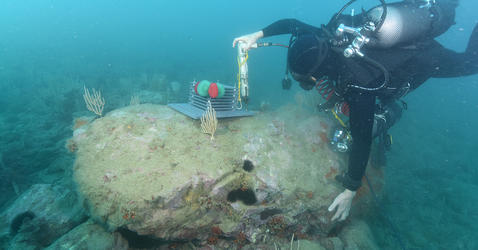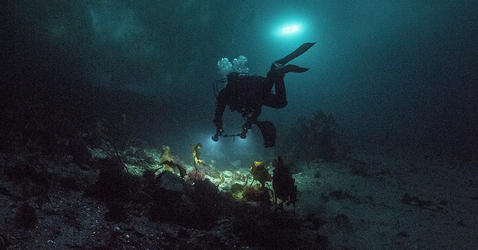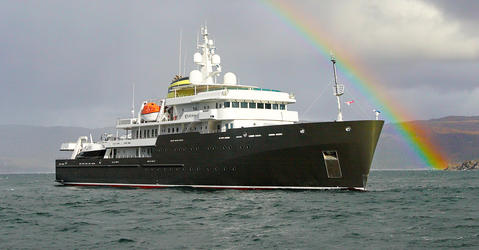You are here
Oceans
Article
01.08.2026
In the face of the climate emergency, techniques for removing CO₂ dissolved in seawater have raised some hopes and much concern. How to proceed? What rules should be established? Who should be in...
Video
06.28.2024
Each year, some 40 billion tonnes of CO₂, one of the main greenhouse gases, are released into the atmosphere. A significant proportion of these is captured by the oceans, vegetation and the soil....
Video
02.23.2023
The biological station at Roscoff in Brittany (northwestern France), which was founded 150 years ago, on 20th August 1872, still serves as a reference for the study of marine life. This is...
10.21.2019
Whether they track animal populations, monitor air quality, or optimise our energy consumption, sensors are increasingly being used to study the environment. A great deal of research has been...
08.08.2019
Pollution, water temperature, oxygen levels... Scallops and other bivalves represent invaluable archives of the environment and climate. Researchers from Brittany, who were behind this discovery,...
07.31.2017
Monaco Explorations' research vessel Yersin has set sail for a round-the-world mission to study the state of the world's oceans, terminating in 2020. Among a host of scientific projects, it...



